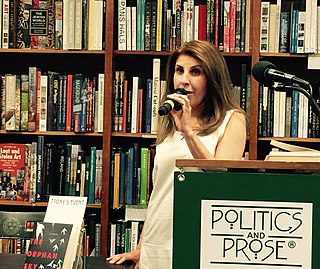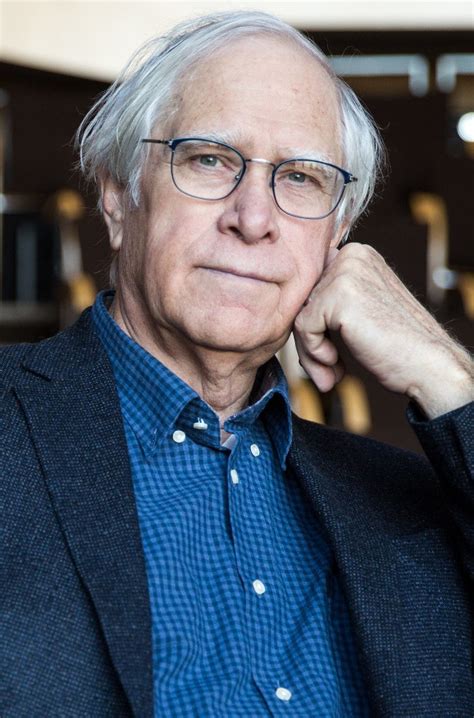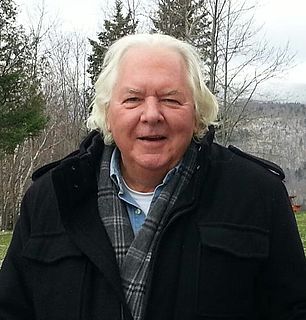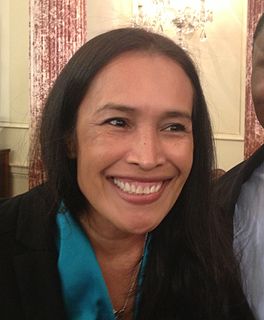A Quote by Desmond Tutu
For both the offender and the victim, the pain is there, often unacknowledged and that is when it can cause harm through festering. When I ignore a physical wound, it does not go away. No, it festers and goes bad.
Related Quotes
Loneliness is the worst pain in this world. It constantly eats away the person's heart, and can cause the person to hate, to feel enraged. It is like a wound of the heart; the type of wounds that cannot go away with a kiss or a hug. The only thing that can make this great pain go away is love and compassion, another human heart to pull them out of this hell.
Yes. I get scared sometimes if I don't know when a physical sensation is going to go away. For example, if I get a chest pain it's grandpa trying to say 'heart attack' and I verbalize 'grandpa had a heart attack' and the pain goes away. But there's sometimes that I'll verbalize and the pain is till there, and then it doesn't go away.
As an individual with my own hurts, I go into the Garden (Gethsemane) as often as I need to. There I identify with the pain in the other, with my part in that pain, my part in tempting someone to wound me. I experience the other's pain, and God's pain, and am devastated - because their pain becomes my own. Feeling such anguish, I can forgive, or deeply repent, either for myself or on behalf of the other.
I find it difficult to feel responsible for the suffering of others. That's why I find war so hard to bear. It's the same with animals: I feel the less harm I do, the lighter my heart. I love a light heart. And when I know I'm causing suffering, I feel the heaviness of it. It's a physical pain. So it's self-interest that I don't want to cause harm.








































